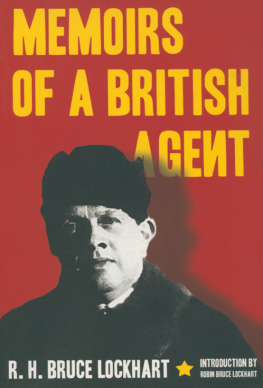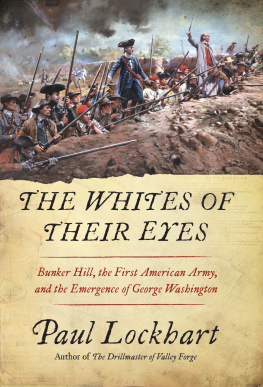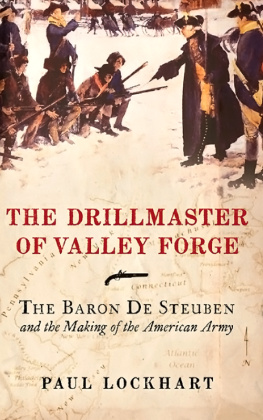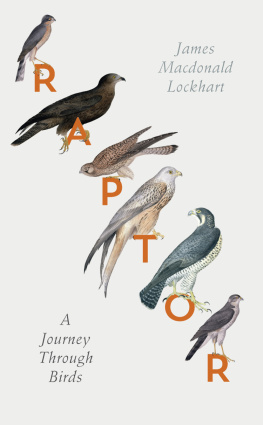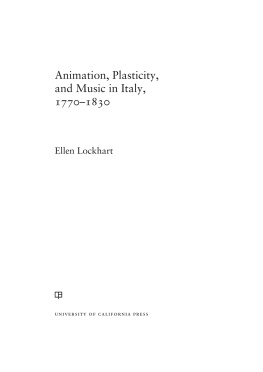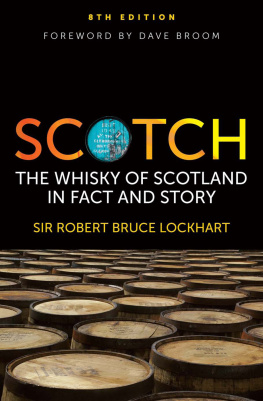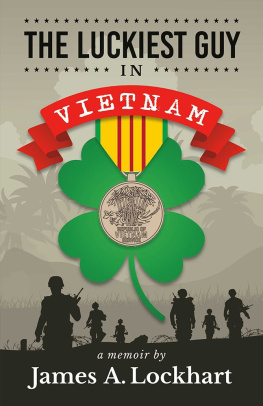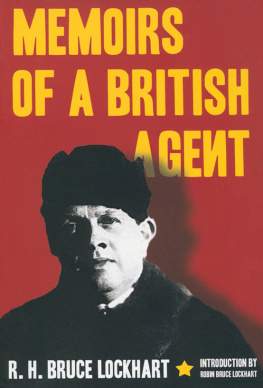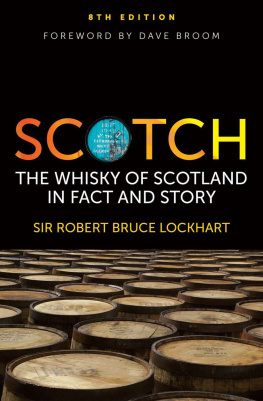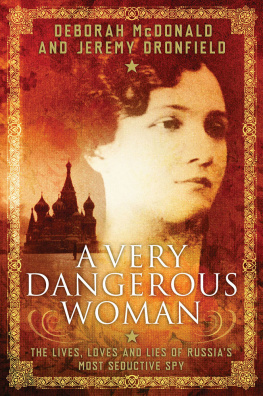MEMOIRS OF A
BRITISH AGENT
I AM NOT SURE that what I feel is remorse. I have seen the ocean
when, lashed by something in itself or out of itself, it wrecked and
ruined, and I have seen the ocean when it carried my barque in safety.
It was the same ocean, and what is the use of words.
MEMOIRS OF A
BRITISH AGENT
R. H. BRUCE LOCKHART
Introduction by Robin Bruce Lockhart
Memoirs of a British Agent
This edition published in 2011 by Frontline Books,
an imprint of Pen & Sword Books Limited,
47 Church Street, Barnsley, S. Yorkshire, S70 2AS
www.frontline-books.com
Text Copyright RN Bruce Lockhart
Introduction copyright RN Bruce Lockhart, 1974, 1985
Introduction copyright RN Bruce Lockhart, 2003 First published
in The Folio Society edition 2003
This edition Pen & Sword Books Limited, 2011
ISBN 978-1-84832-629-3
PUBLISHING HISTORY
Memoirs of a British Agent was published in 1932 in the United
Kingdom by Putnam. In 1950, a paperback edition was published by
Penguin. A new edition was released by Macmillan in 1974, who
released the classic again in 2002.
All rights reserved. No part of this publication may be reproduced,
stored in or introduced into a retrieval system, or transmitted, in any
form, or by any means (electronic, mechanical, photocopying,
recording or otherwise) without the prior written permission of the
publisher. Any person who does any unauthorized act in relation to
this publication may be liable to criminal prosecution and civil
claims for damages.
A CIP data record for this title is available from the British Library
Printed in Great Britain by CPI Antony Rowe
CONTENTS
Plates to be found between .
Daily Express.
THIS FIRST BOOK OF MY fathers climbed almost immediately to the top of the bestseller lists on both sides of the Atlantic, and Putnam, the original publisher, was kept busy with reprint after reprint. The critics hailed it everywhere: Holds our attention to the last page, said the Sunday Times. A far more real personality than Lawrence of Arabia, wrote the New York Times. No better picture of the summer of 1918 in Moscow has been or is ever likely to be painted, thought Arthur Ransome, while Harold Nicolsons view was: A book in a thousand exhilarating and unforgettable. Published in many languages and in numerous editions, British Agent was turned into a film in 1934: with Leslie Howard, Kay Francis and a cast of over five thousand, it was the most expensive movie Warner Brothers had ever produced. They described the book as The Greatest Human Document of the Century. The film itself was praised as The Most Important Dramatic Event of the Year.
My father, the late Sir Robert Bruce Lockhart, KCMG, was born in Scotland in 1887, without a drop of English blood in his veins. It is said that King Robert the Bruce, when dying at the Battle of Bannockburn, asked his friend Sir James Douglas to cut out his heart, lock it carefully in a casket and take it to Palestine for burial. Sir James set off but only got as far as Spain where he became involved in fighting the Moors, in the course of which he threw the casket at them. One legend is that the casket was brought back to Scotland almost immediately, while another is that it was buried in Madrid and returned to Scotlands Melrose Abbey early last century. In 1996, an old casket was unearthed at Melrose Abbey, and many believe it to be that of Robert the Bruce, but it has never been opened. Whatever the truth of the matter, the descendants of Sir James Douglas changed their name to Lockhart and later added in the name Bruce.
My fathers mother was also very much a Highlander a Macgregor and a member of Rob Roys clan. Her grandfather, in 1824, had been one of the first two men in Scotland to obtain a licence to distil whisky although the Macgregors had been doing so without a licence for several hundred years. They made a lot of money from malt whisky before selling out to Distillers Limited in 1925. My father spent much of his youth on Speyside with his Macgregor relations, having whisky for breakfast, lunch and dinner like his elders. Yet, despite that, the nearby graveyard where many Macgregors are buried reveals that they all lived into their eighties and nineties. My father, although he spent much of his adult life in England, also died in his eighties in 1970. I scattered his ashes in the River Spey opposite the Balmenach (former Macgregor) Distillery, as requested in his will.
After preparatory school where he learnt Greek and Latin, my father obtained a scholarship to Fettes College in Edinburgh, where, in his own words, he spent five years in the worship of athleticism. From Fettes he travelled to Berlin to study German, and then on to Paris to learn French from a Sorbonne professor. The comments of his educators are worth noting. The headmaster of Fettes described him as: A boy of exceptional vigour and ability, very quick and alert in mind combining marked literary and historical tastes. In France, he scored forty-nine out of fifty marks in his six exams. His professor remarked: I had many occasions to talk with M. Lockhart and follow his studies. I know that he knows French very well indeed and speaks it fluently and correctly. The German professor wrote of him: His knowledge of German is accurate and fluent and he has an exceptionally pure accent.
My father returned to Great Britain in the summer of 1908. His fathers plans for him to sit an exam for the Civil Service went down the drain when his favourite Macgregor uncle, who owned a number of rubber plantations in Malaya, suggested my father go out there to manage one of them, and in October off he went to Negeri Sembilan, via Canada, Japan and Singapore. He fell in love with the country immediately and learnt yet another language Malay. But he also fell in love with a Malayan princess, ward of the Sultan of Negeri Sembilan, who went to live with my father in his bungalow. This created an enormous scandal: not because a white man was living with a Malay girl which was quite common in those days but because a Malayan princess had stooped so low as to live with a white rubber planter. Fate, however, intervened, and in 1910 he was forced to return to England having contracted a particularly virulent form of malaria. It is interesting to note that my father began his literary career in a small way in Malaya, writing short stories that were subsequently published in the Sphere magazine under a pseudonym. He also wrote some poems there, which I find very beautiful but which have never been published.
On his return to England he stayed with his parents, by then living in Berkshire, and decided to take the advice given to him to sit the Foreign Office exams for the Consular Service. Over sixty candidates registered that year for only four vacancies. My father came top. After a short period in the Foreign Office he was off to Moscow as Vice-Consul in January 1912.
Before he left England, his parents gave two or three parties for him. At one of these he fell head over heels in love with a beautiful Australian girl called Jean Haslewood Turner from Brisbane. Her grandfather had been the richest man in Queensland. Ten days after their first meeting, they became engaged a matter of days before my father had to leave for Russia. They were married in 1913, as soon as he had his first leave.
As readers will note, much of my fathers early years in Moscow were spent in meeting all the people who mattered in politics, from Tsarist politicians down to men of the Left who were destined to change the world; at the same time he lived a hectic social life with the aristocracy. His wife, who spent some time in Moscow with him, gave a major social party once a week. Champagne and caviar and pretty girls abounded everywhere, and my father, it is fair to say, did not always resist temptation. Apart from upsetting his wife, one of his attachments was so strongly disapproved of by the authorities that in 1917 he was sent home. While he was away, the Bolshevik revolution broke out and peace negotiations between the Russians and the Germans began in Brest-Litovsk.

